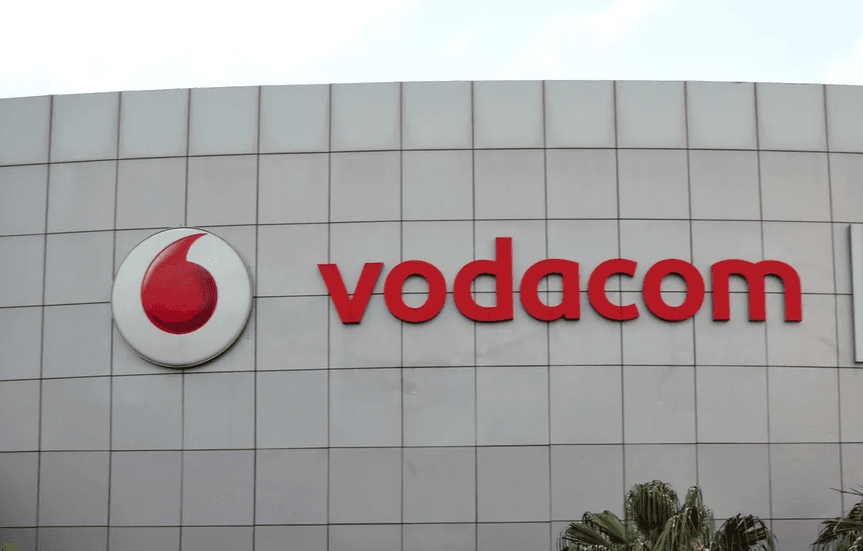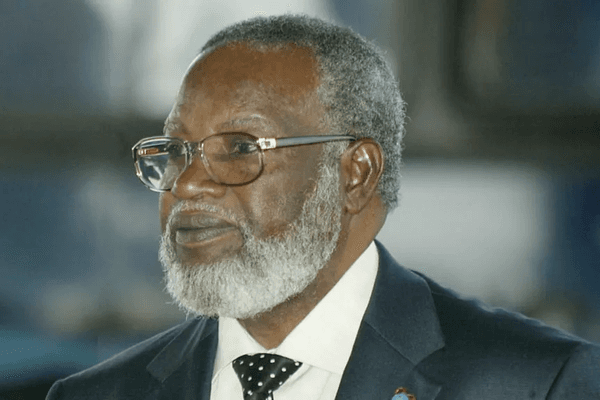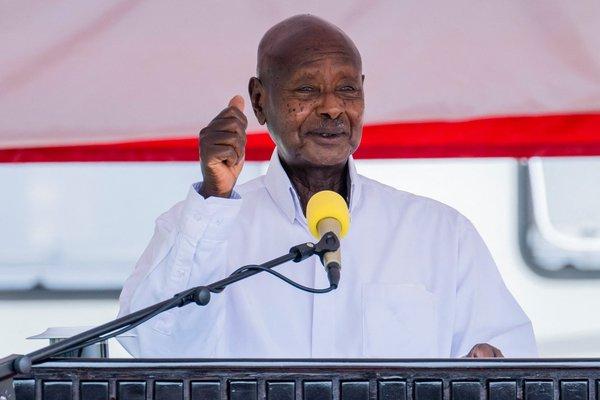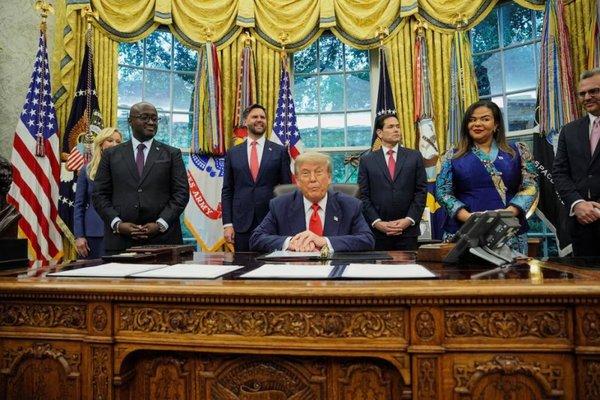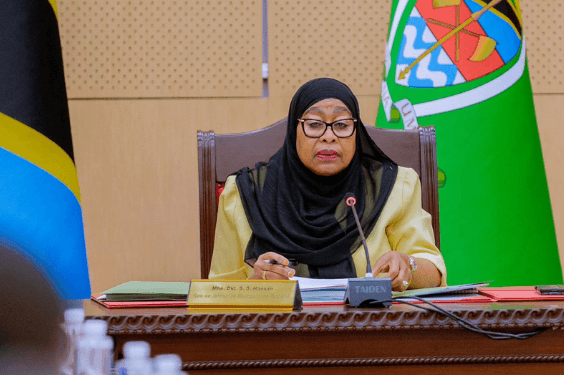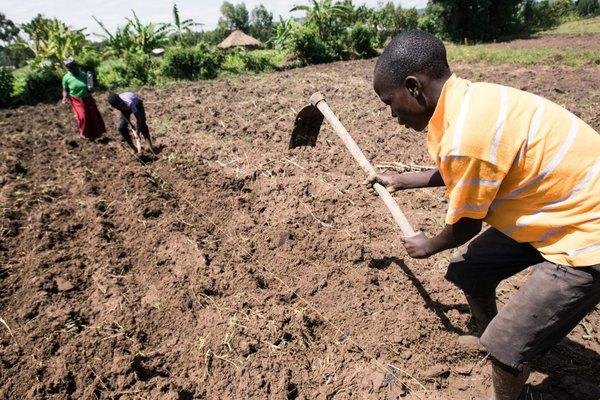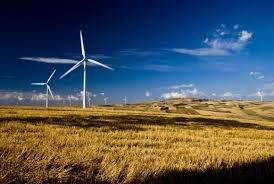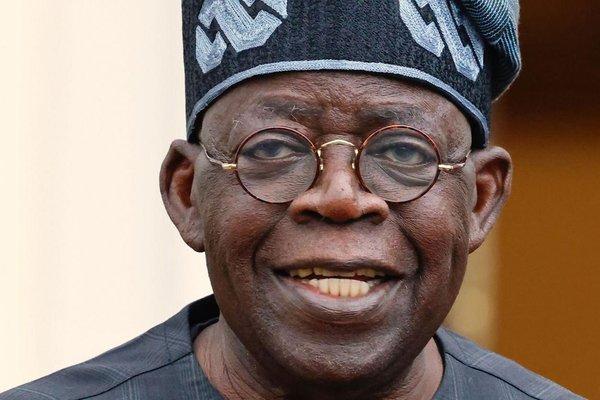South Africa
South Africa is a country on the southernmost tip of the African continent, marked by several distinct ecosystems. Inland safari destination Kruger National Park is populated by big game. The Western Cape offers beaches, lush winelands around Stellenbosch and Paarl, craggy cliffs at the Cape of Good Hope, forest and lagoons along the Garden Route, and the city of Cape Town, beneath flat-topped Table Mountain.

Southern Africa

1,219,090 sq km

GMT+2

63.21 million

English

Christianity, Islam, Hinduism and Judaism

South African Rand

President Matamela Cyril Ramaphosa
Brief
South Africa in 2025 is experiencing modest economic growth, with real GDP expected to expand by approximately 1.3–1.7% as infrastructure improvements and easing power constraints begin to support activity. Inflation has remained relatively subdued—hovering around 2.8%–4.5%—enabling the South African Reserve Bank to progressively lower interest rates, most recently to 7.25%, with discussions underway to narrow its inflation target to around 3%. Challenges persist, including high unemployment (~32–33%), fiscal pressures, and vulnerability to global trade shocks, such as potential U.S. tariffs . However, momentum is building through structural reforms, improved energy supply, a supportive World Bank infrastructure and green energy loan, and cautious yet steady macroeconomic policymaking—all strengthening investor confidence and laying the groundwork for sustained recovery.
National Anthem
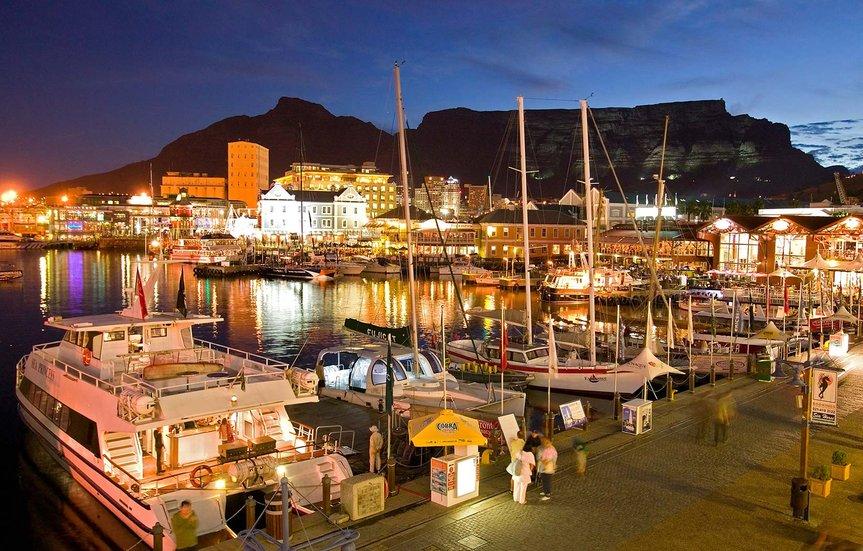
Photos

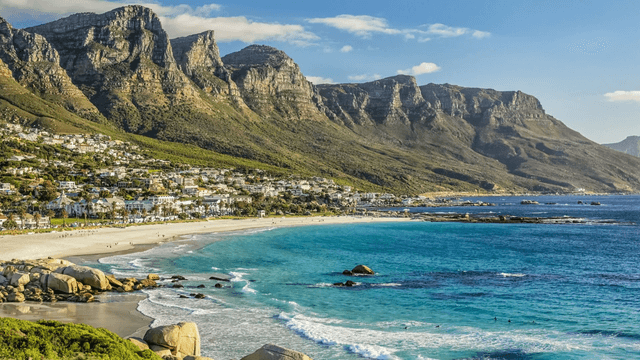
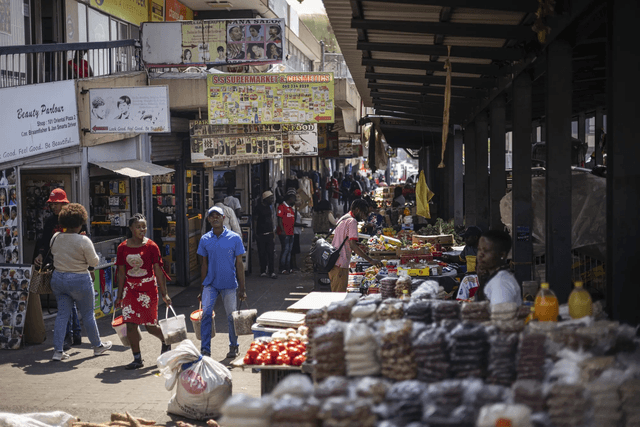
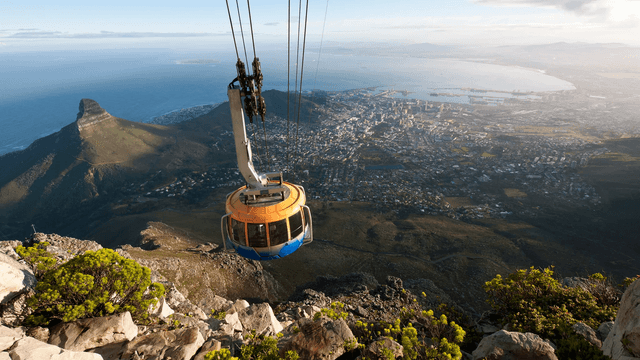
Cultural Life
Cultural Milieu
South Africa’s culture in 2025 remains a vibrant reflection of its identity as a “rainbow nation,” shaped by a rich mix of ethnic groups, languages, and historical influences. Home to communities such as the Zulu, Xhosa, Sotho, and others, the country celebrates 11 official languages and a diverse array of traditions, music, dance, and art. The spirit of Ubuntu—emphasizing community and compassion—underpins social life, with strong respect for elders and the continued practice of cultural rituals and ceremonies. Events like Heritage Day highlight national pride in cultural diversity, while museums and historical sites reflect the enduring impact of apartheid and colonialism. Cultural tourism thrives as visitors explore South Africa’s unique blend of heritage, creativity, and communal values.
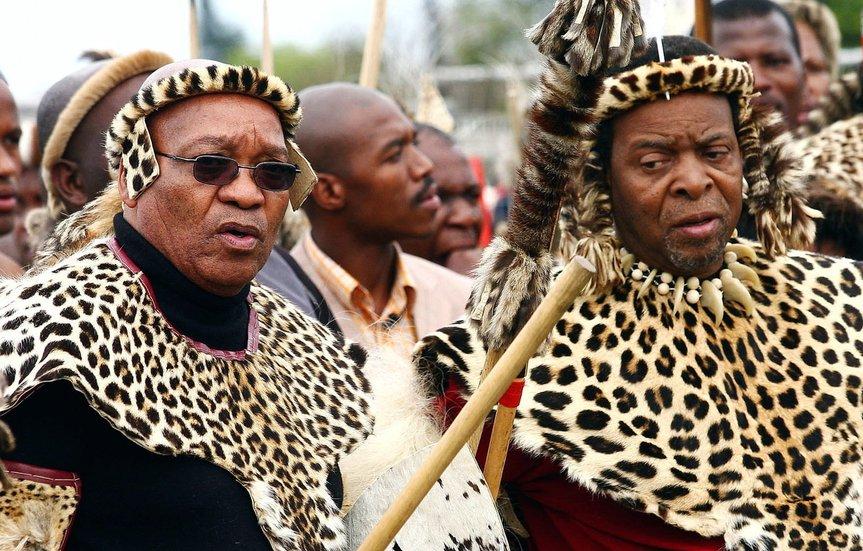
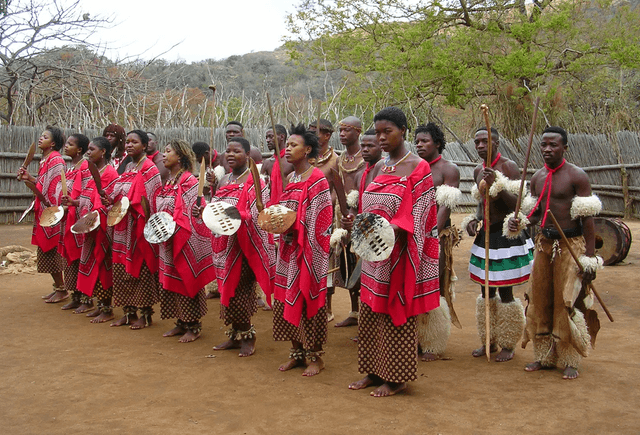
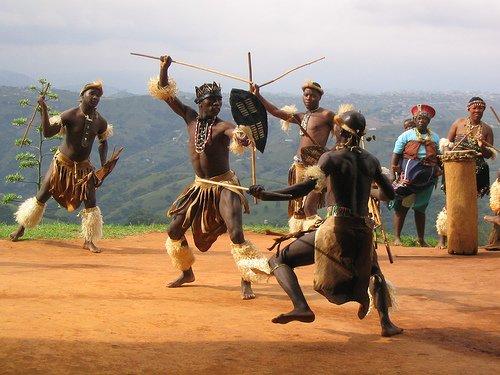
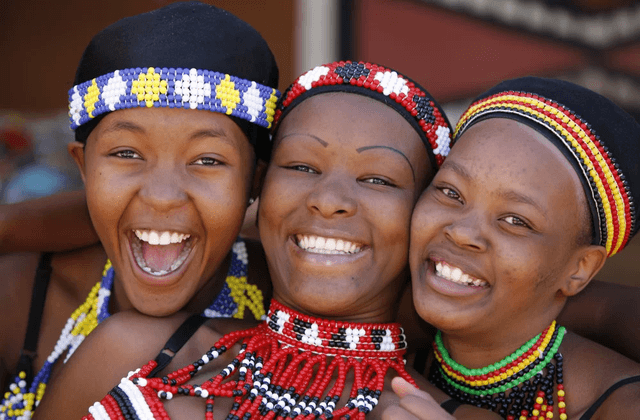
Daily life and Social customs
Daily life in South Africa is a dynamic blend of modern living and deep-rooted cultural traditions, centered around community, outdoor activities, and social gatherings like the beloved braai (barbecue). With a generally friendly and welcoming population, South Africans enjoy festivals, music, nature adventures, and a strong appreciation for their country’s diverse heritage. Most people follow a standard Monday-to-Friday work schedule, and the education system continues to evolve post-apartheid. English is widely spoken among South Africa’s 12 official languages, and modern conveniences like malls and cinemas are common. Daily routines reflect a balance of multicultural influences, social etiquette, and practical aspects like driving on the left and navigating the varied cost of living.
South African social customs are shaped by the country’s rich multicultural makeup, emphasizing respect, community, and hospitality. Respect for elders, strong family ties, and the Ubuntu philosophy—highlighting compassion and interconnectedness—are central values. Social interactions are typically warm, with greetings ranging from handshakes to cheek kisses among close acquaintances. The braai (barbecue) is a beloved cultural tradition, serving as a hub for socializing. Dining etiquette blends Western and traditional practices, and tipping (10–15%) is customary. While personal space preferences vary between urban and rural areas, moderate eye contact is generally appreciated. Cultural sensitivity and awareness of South Africa’s diversity are important in social settings.
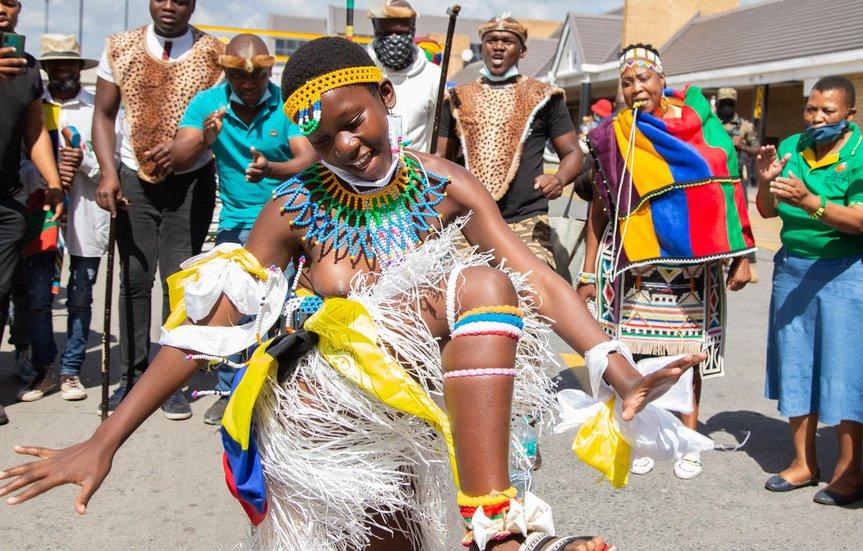


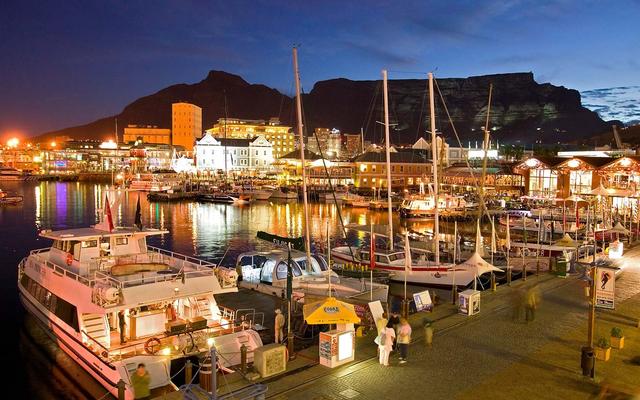
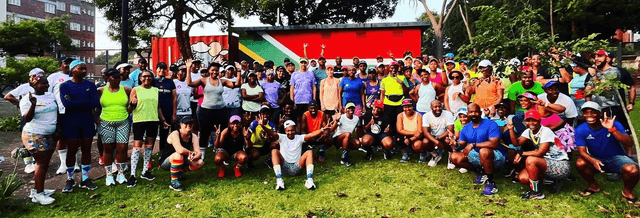
Cuisines
South African cuisine is a vibrant mix of flavors and influences, characterized by its reliance on meat, particularly beef, and its unique blend of indigenous ingredients and cooking styles. Key features include the prominence of the braai (barbecue), dishes like pap (maize meal) and vleis (meat), and a variety of influences from Dutch, Malay, and Indian cultures.
Popular Dishes:
- Bobotie: Spiced minced meat baked with an egg custard topping.
- Biltong: Dried, cured meat, similar to jerky.
- Bunny Cow: A hollowed-out loaf of bread filled with curry, especially popular in Durban.
- Potjiekos: A stew cooked in a cast-iron pot over coals, often with meat and vegetables.
- Malva Pudding: A sweet, spongy cake, often served with custard.
- Melkert: A milk tart, similar to custard.
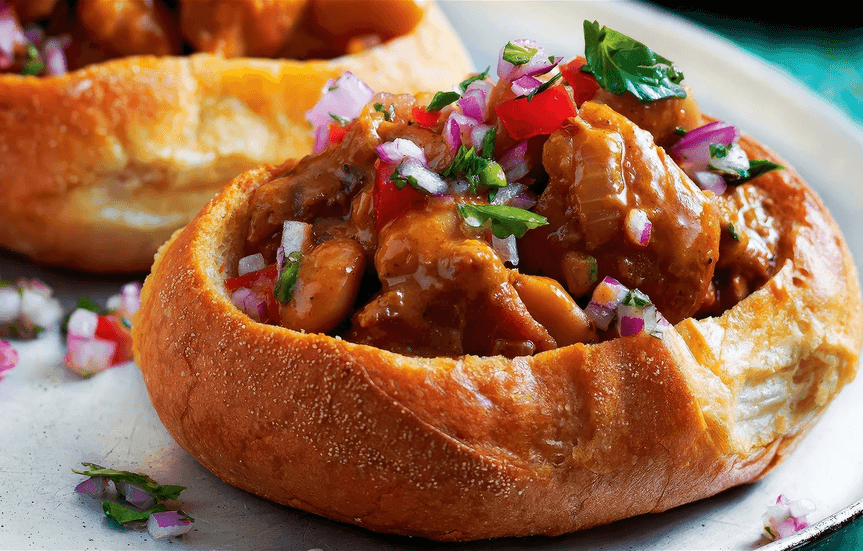

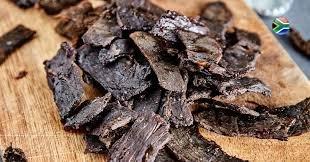


Music
South Africa’s music history is a rich and evolving tapestry that reflects its cultural diversity, political struggles, and creative innovation. From the traditional rhythms of Zulu, Xhosa, and Sotho music to the powerful resistance songs of the apartheid era, music has long served as both expression and activism. Genres like mbaqanga, marabi, and kwela laid early urban musical foundations, while the global rise of township jazz and artists like Miriam Makeba and Hugh Masekela brought South African sound to the world stage.
Post-apartheid, genres like kwaito emerged in the 1990s, blending house beats with township slang and identity, followed by gqom and amapiano, which have dominated the 2010s and 2020s with their deep bass and dancefloor energy. By 2025, amapiano continues to thrive locally and internationally, while artists are increasingly blending traditional sounds with global genres like hip-hop, Afrobeat, and electronic music. South Africa’s music scene today is a dynamic space of innovation, cultural pride, and global influence—celebrating its past while pushing creative boundaries into the future.
The Arts
South Africa’s arts scene in 2025 is thriving, marked by major events and a strong focus on emerging talent and the future of the creative industries. Highlights include the Investec Cape Town Art Fair (Feb 21–23), Africa’s largest contemporary art fair; the National Arts Festival in Makhanda (June 26–July 6), showcasing diverse performances; and the Sasol New Signatures exhibition (Sept 4–Nov 2) for rising artists. The South African Cultural Observatory is also hosting a conference on the future of the arts sector. With new leadership at Business and Arts South Africa and over 1,000 submissions for the NACA Awards, the country’s creative energy remains robust. Current trends emphasize nature-inspired art and reflections on climate change, pointing to a dynamic and socially conscious artistic landscape.
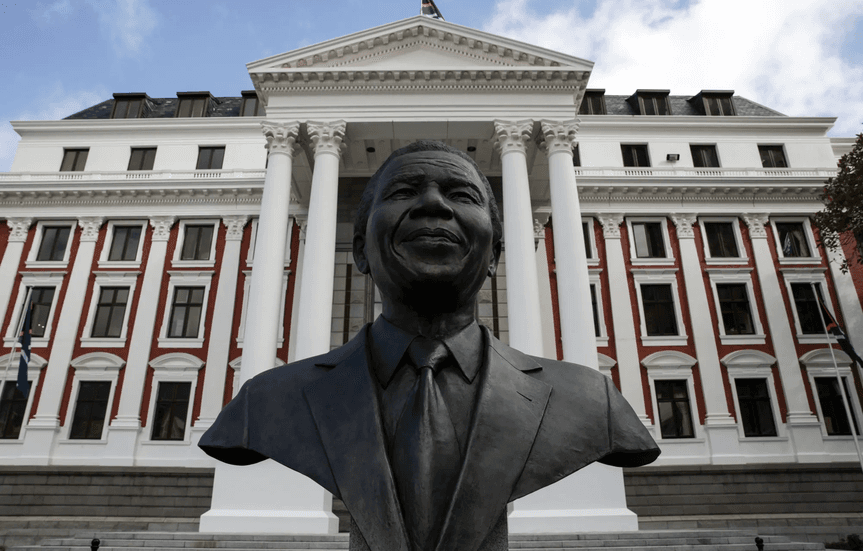
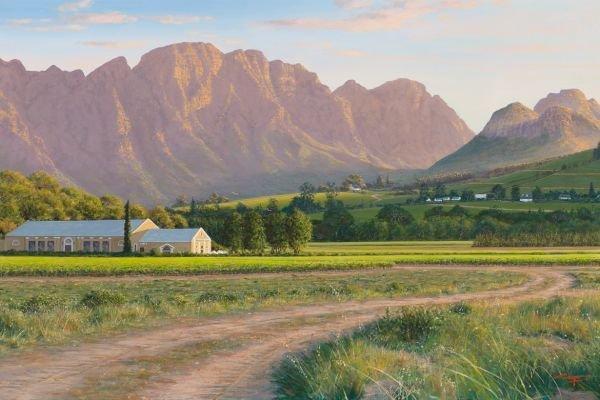
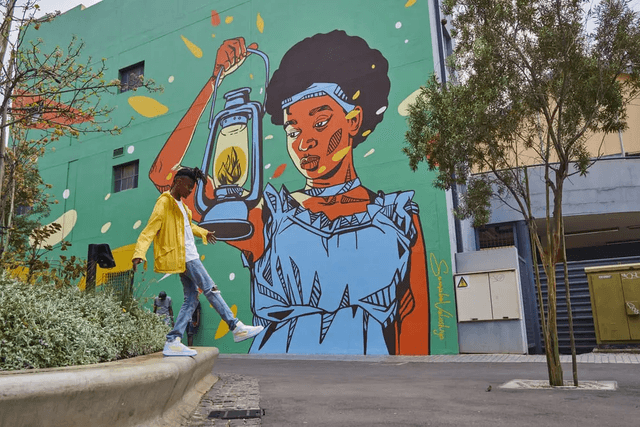
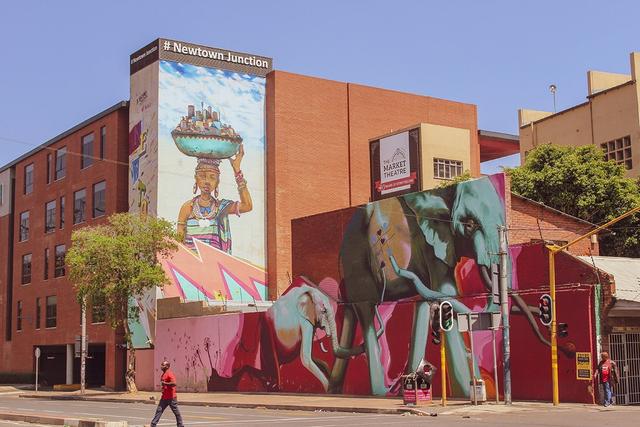
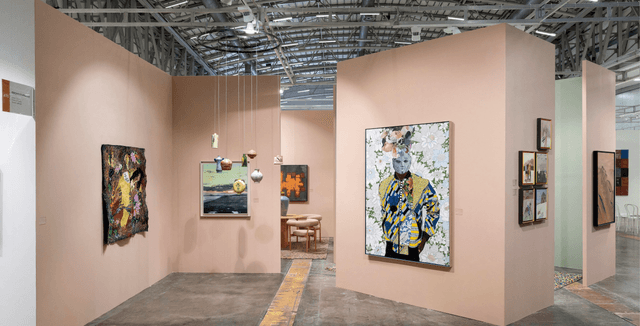
People
Ethnic Groups
South Africa’s population is ethnically diverse, with major groups including Black Africans (81.4%), White South Africans (7.3%), Coloured South Africans (8.2%), and Indian/Asian South Africans (2.7%). Black Africans comprise subgroups such as Zulu, Xhosa, Sotho, and Tswana. White South Africans are largely of European descent, with many Afrikaans-speaking Afrikaners. Coloured South Africans have mixed ancestry, while Indian/Asian South Africans are primarily descendants of immigrants from South Asia. Indigenous groups like the San and Khoekhoe also contribute to the country’s cultural fabric. These classifications have historical roots in apartheid-era policies, which imposed strict racial divisions with lasting social impacts.
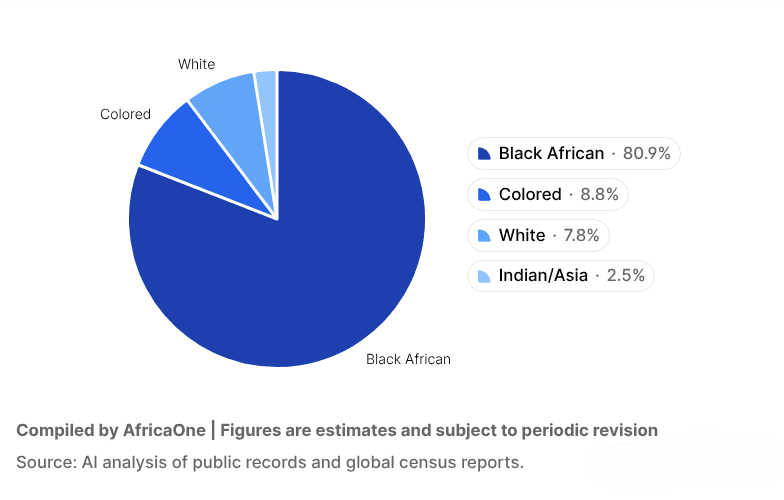

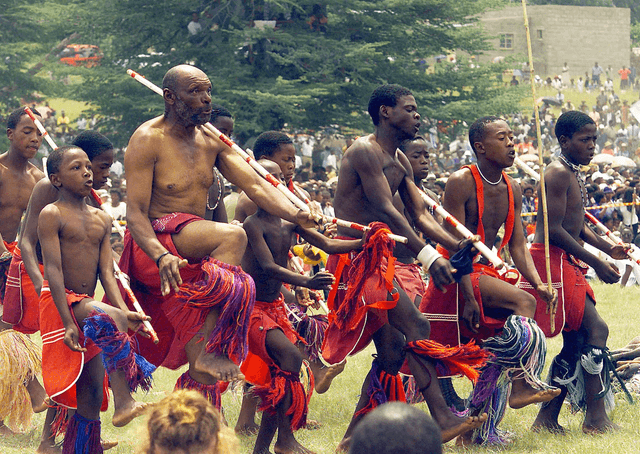
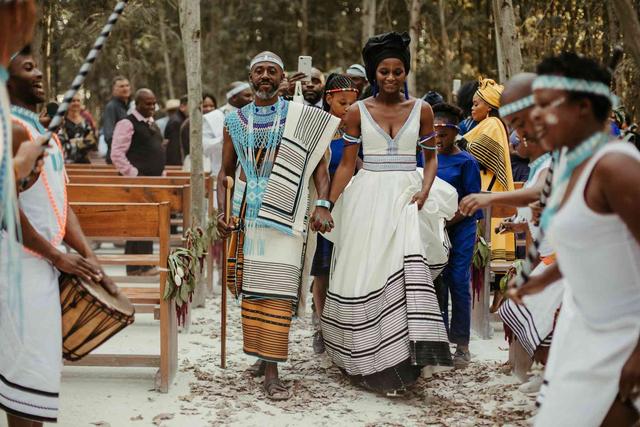
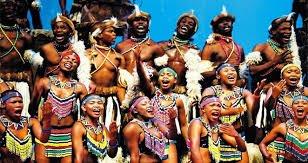
Religions
South Africa is a religiously diverse country, with Christianity being the dominant faith, practiced by approximately 84.5% of the population across various denominations, including African independent churches. Other religions include Islam—the second-largest faith—followed by Hinduism, Judaism, and traditional African religions that honor ancestral spirits and communal values. Smaller communities practice Buddhism, the Baháʼí Faith, and other belief systems. Rooted in its democratic values, South Africa’s constitution guarantees freedom of religion, allowing all faiths to be practiced openly and without restriction.
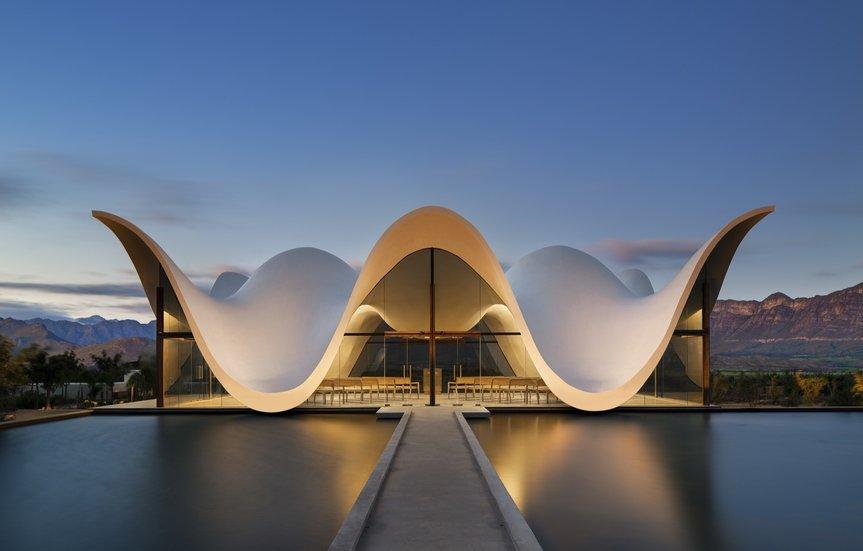
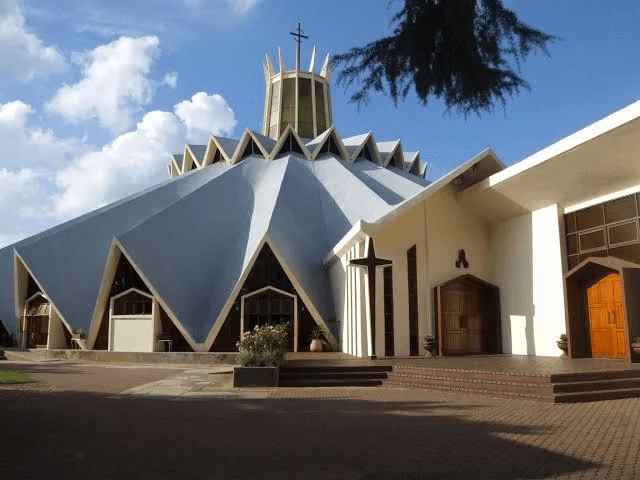
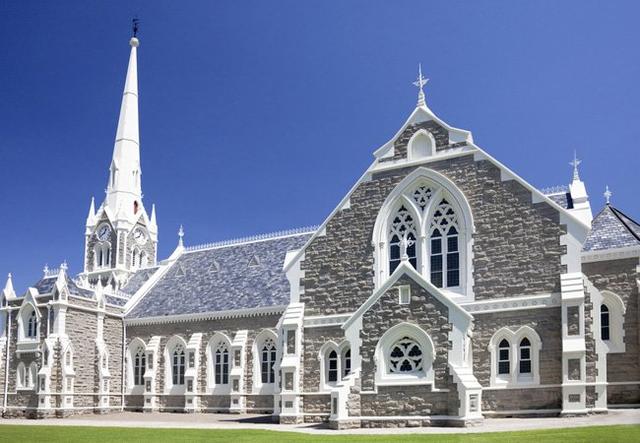
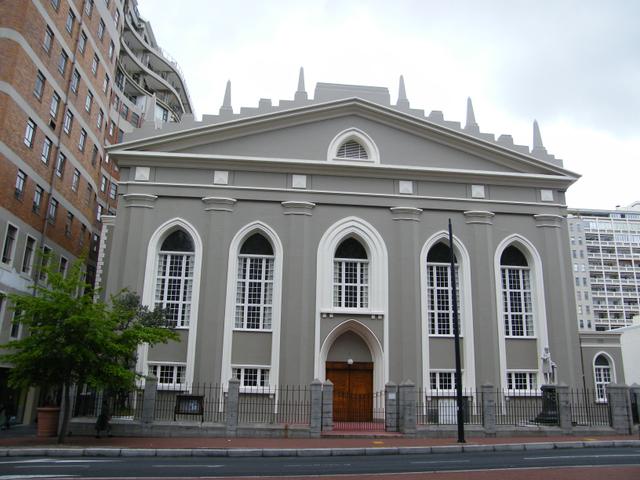
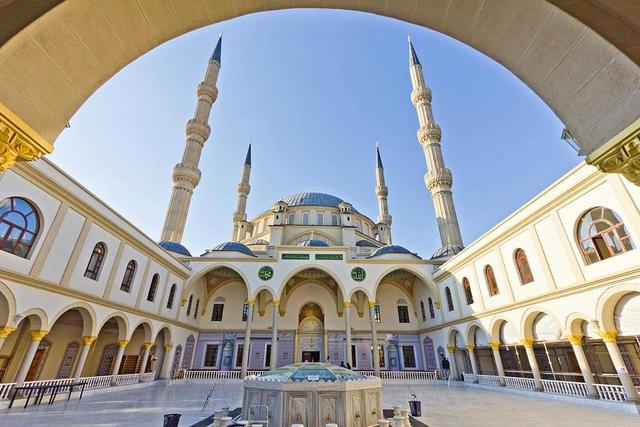
Settlement Patterns
South Africa’s settlement patterns are shaped by a complex interplay of historical, economic, and geographic factors, particularly the legacy of apartheid and the distribution of natural resources. Apartheid-era policies led to racially segregated urban layouts, with townships on city outskirts and white populations in central, well-resourced areas—a pattern that still influences spatial divisions today. Mineral-rich regions like the Highveld spurred urban growth, notably in Johannesburg, while geographic barriers like the Drakensberg mountains limited development in some areas. Ongoing urbanization is driving population growth in metropolitan hubs like Gauteng, Cape Town, and Durban, while rural areas feature both dense farming communities and dispersed settlements. Informal settlements, often lacking adequate infrastructure, remain widespread, though efforts to upgrade and integrate them into formal planning are underway as part of broader urban development and land reform strategies.
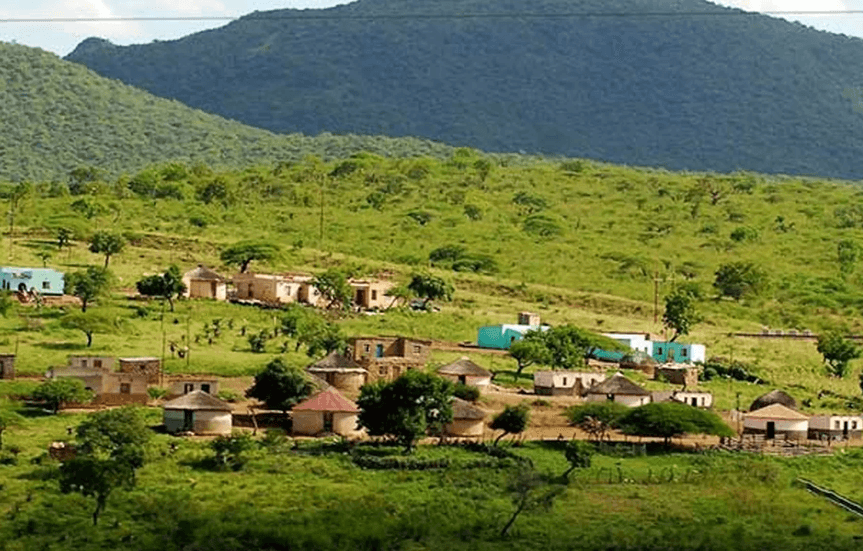
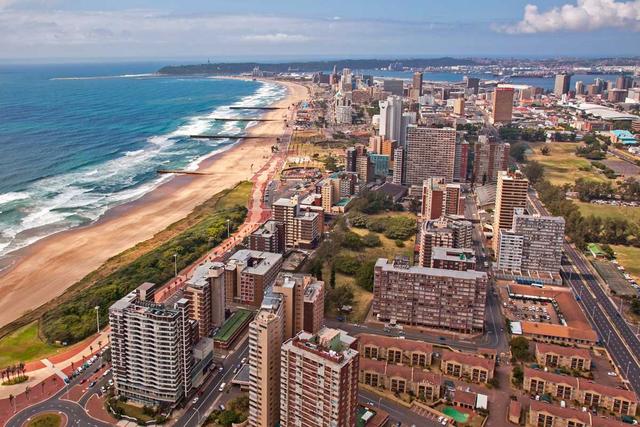
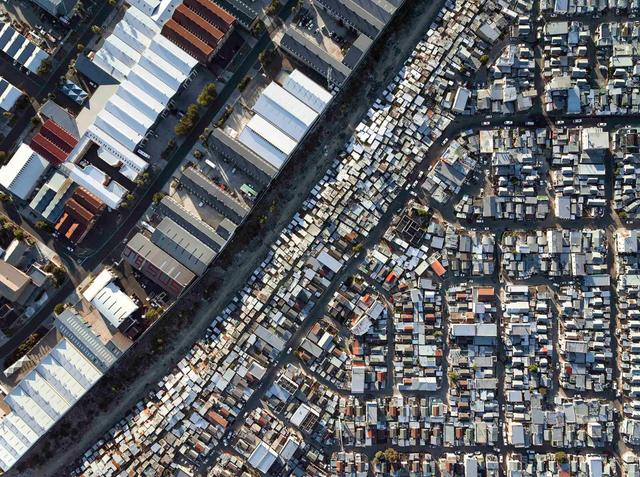
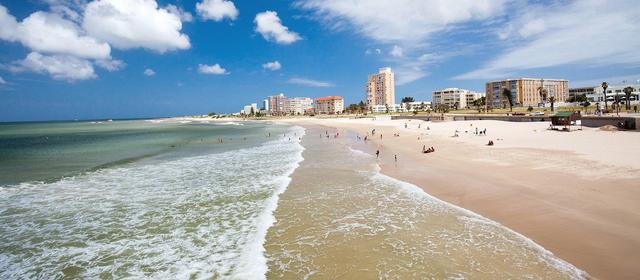
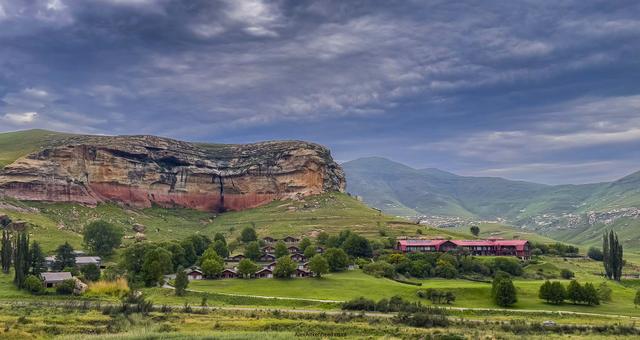
Demographic trends
South Africa's demographics in 2025 reflect a nation in transition, with a population exceeding 63 million and a majority (81.7%) identifying as Black African, alongside significant Coloured, White, and Indian/Asian communities. The population is gradually aging, particularly among White and Indian/Asian groups, while life expectancy—previously impacted by HIV and COVID-19—is showing signs of recovery. Fertility rates are declining to around 2.41 children per woman, yet overall birth numbers remain stable. Urbanization continues to rise, driven by internal and international migration, especially to Gauteng and the Western Cape. Provincial differences remain, with Gauteng being the most populous and the Northern Cape the least. South Africa’s demographic trends highlight shifting age structures, growing urban populations, and persistent diversity across regions and racial groups.
Touristic Cities
Cape Town
Cape Town, one of South Africa’s most iconic cities, is celebrated for its dramatic landscapes, rich history, and vibrant culture. Dominating the skyline is the majestic Table Mountain, offering sweeping views of the city and coastline. The bustling V&A Waterfront is a hub for dining, shopping, and ferries to Robben Island, the historic prison where Nelson Mandela was held. Just outside the city, Cape Point boasts rugged cliffs and the historic lighthouse, while Boulders Beach delights visitors with its colony of African penguins. Nature lovers can stroll through the lush Kirstenbosch Botanical Gardens, while the colorful Bo-Kaap neighborhood offers a glimpse into Cape Malay heritage. For relaxation, Camps Bay and Clifton Beaches provide sun-soaked luxury, and the breathtaking Chapman’s Peak Drive delivers one of the world’s most scenic coastal routes.
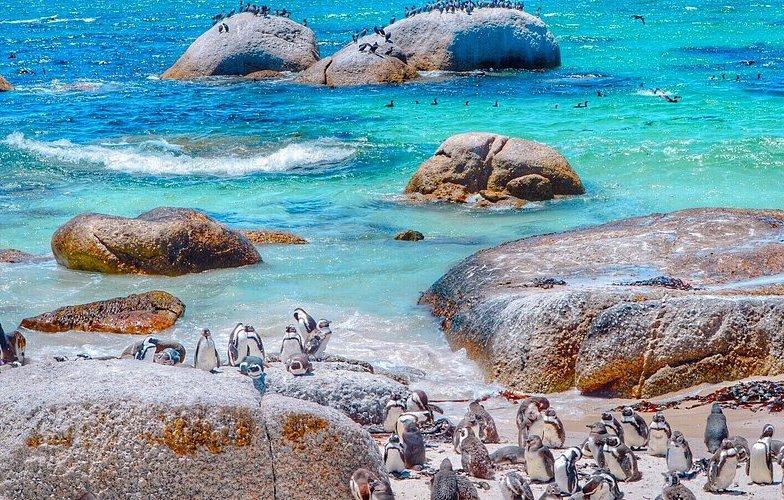
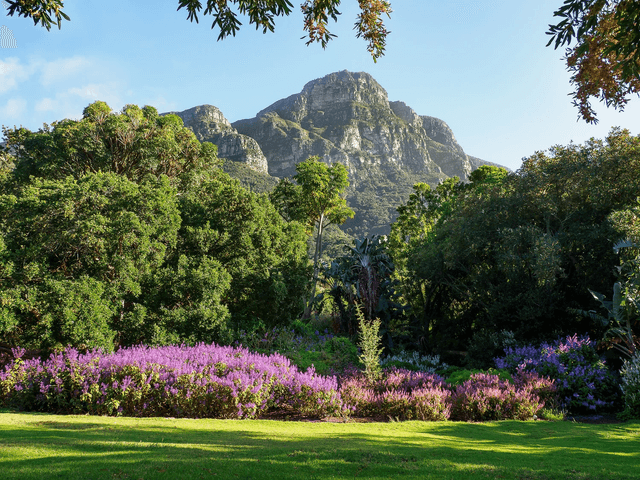
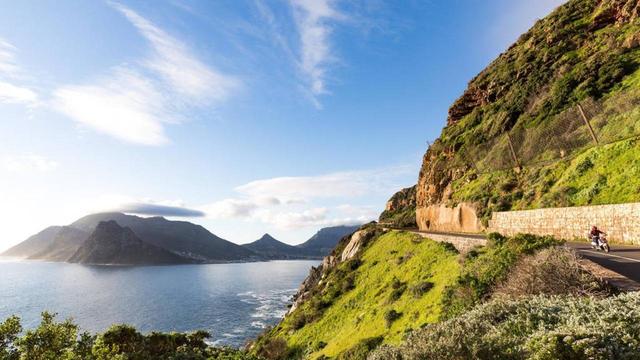

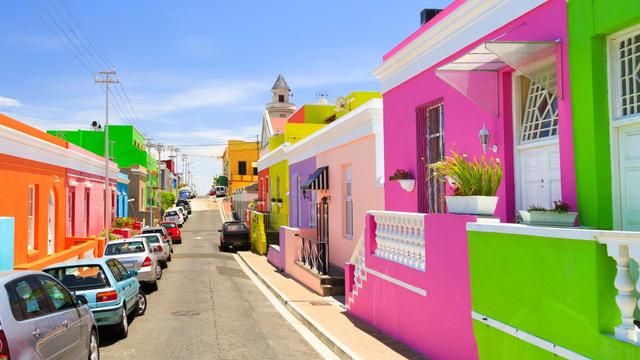
Johannesburg
Johannesburg, also known as Jo'burg or Jozi, is a dynamic South African city rich in history and culture. Visitors can delve into the country’s past at the powerful Apartheid Museum and Constitution Hill, a former prison turned Constitutional Court. For a mix of history and fun, Gold Reef City offers a glimpse into the gold rush era with rides and mine tours. In the heart of the city, Nelson Mandela Square features a striking statue of Mandela, surrounded by shops and restaurants. The trendy Maboneng Precinct is a hotspot for art, food, and fashion, while nature lovers can unwind at the serene Walter Sisulu National Botanical Garden or visit the family-friendly Johannesburg Zoo. For wildlife adventures, many travelers head out on excursions to the iconic Kruger National Park, one of Africa’s top safari destinations.
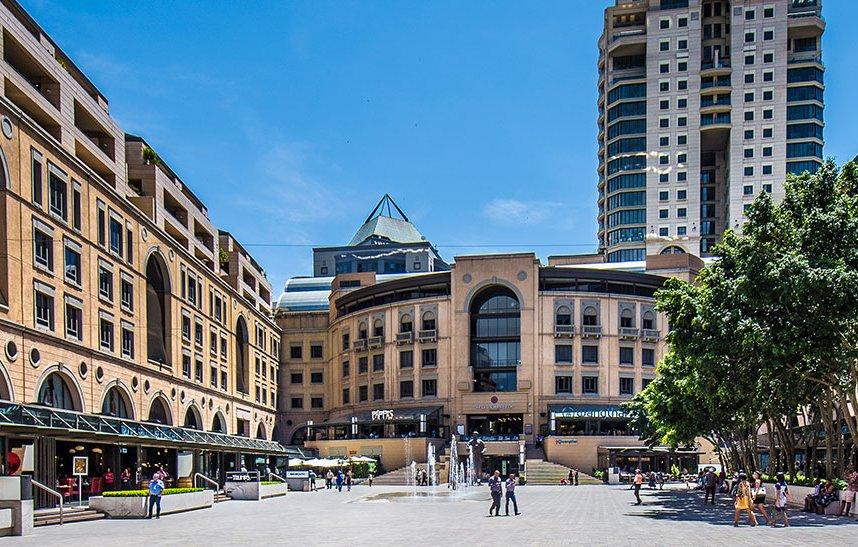
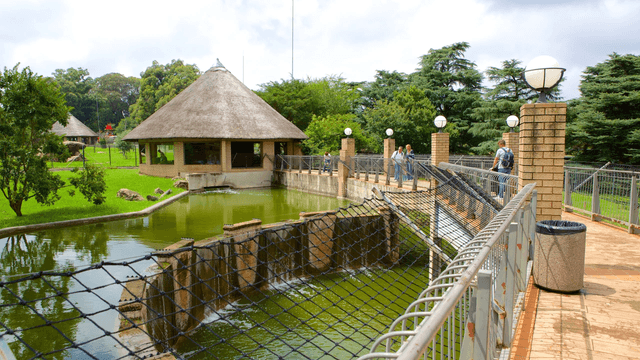
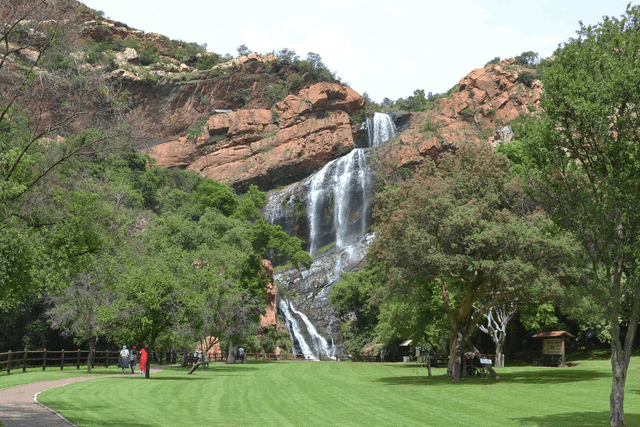
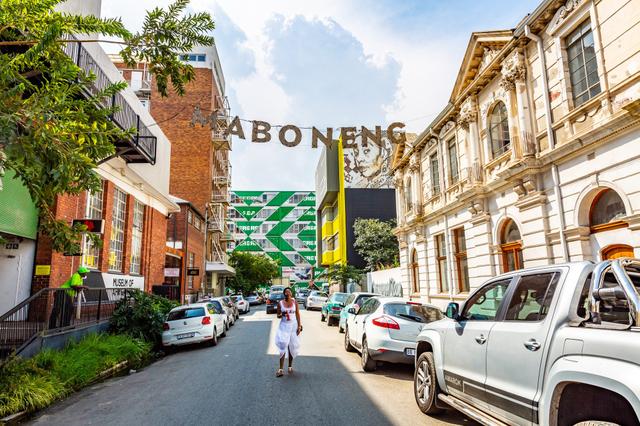
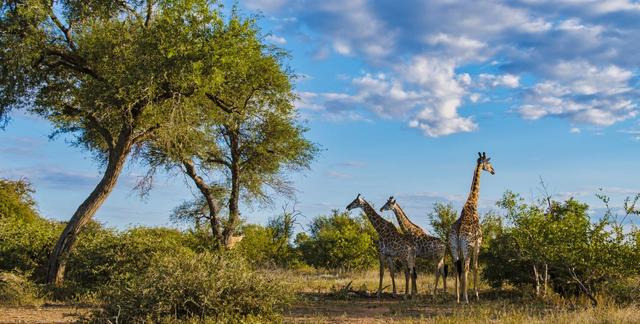
Accommodation
Guest houses
South Africa’s guest houses provide a warm, personalized alternative to hotels, blending comfort, local charm, and affordability across cities, coastlines, and scenic rural areas. From the elegant in the Cape Winelands and the luxurious Abbey Manor in Cape Town to the relaxed Rissington Inn near Kruger National Park, options abound for every traveler. Urban stays like The View Boutique Guest House in Johannesburg offer historic elegance, while coastal retreats like Beachcomber Bay in Margate deliver oceanfront tranquility. These guest houses are ideal for those seeking authentic, homely experiences with local flair and hospitality.
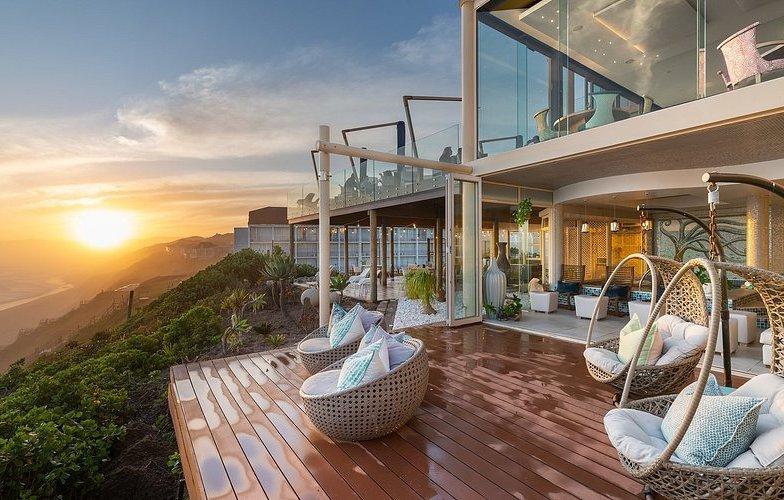
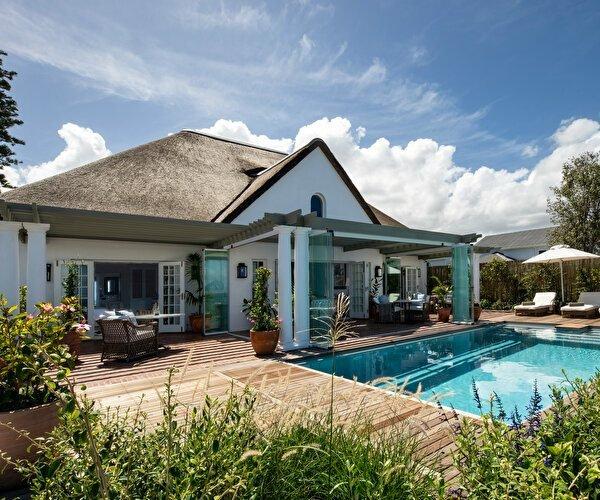

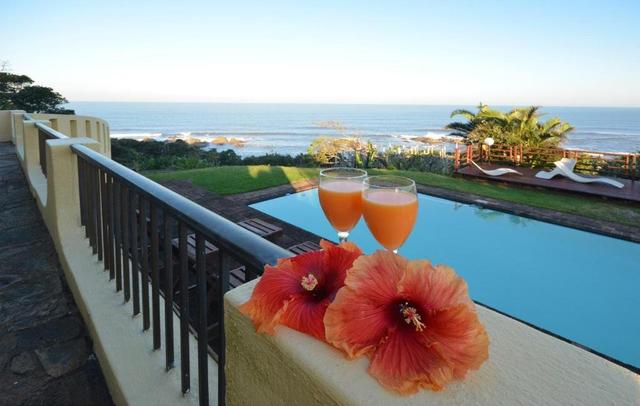
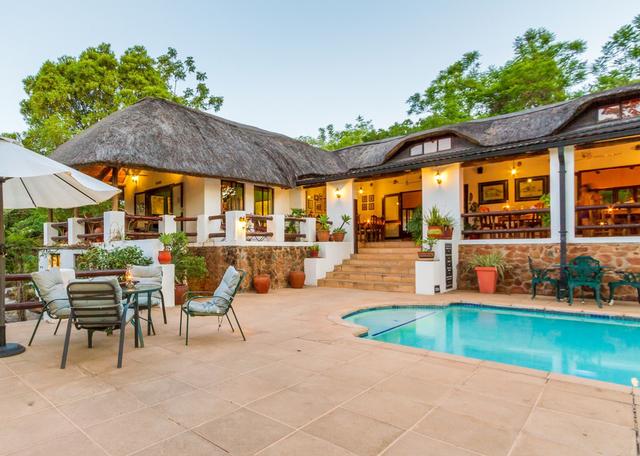
Hotels and Resorts
South African hotels and resorts in 2025 offer a rich variety of experiences, blending world-class luxury with cultural and natural immersion. From iconic five-star properties like The Silo Hotel in Cape Town and Delaire Graff Estate in the Cape Winelands, to exclusive safari lodges such as Singita, Lion Sands, and Kruger Shalati, travelers can enjoy refined comfort amid breathtaking scenery. Coastal resorts along the Garden Route and warm beaches of Durban cater to both families and couples, while boutique guesthouses and eco-lodges provide intimate, locally inspired stays. Whether for urban chic, vineyard serenity, or wildlife adventure, South Africa’s hospitality scene is diverse, high-quality, and deeply connected to its stunning environment.
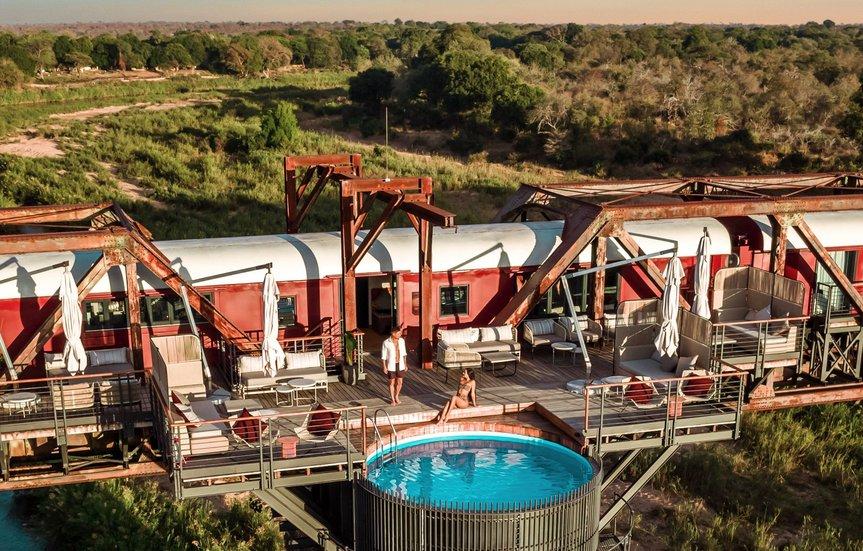
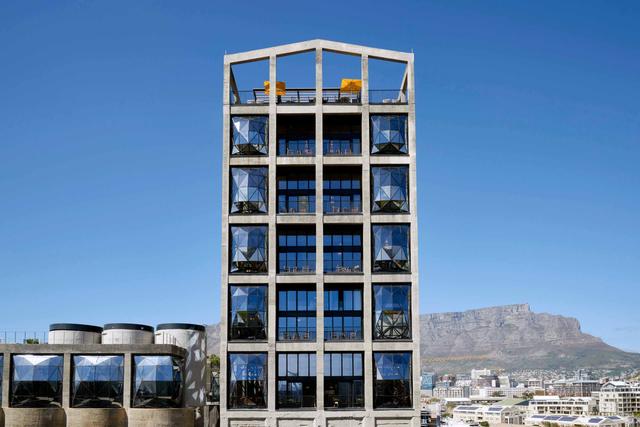
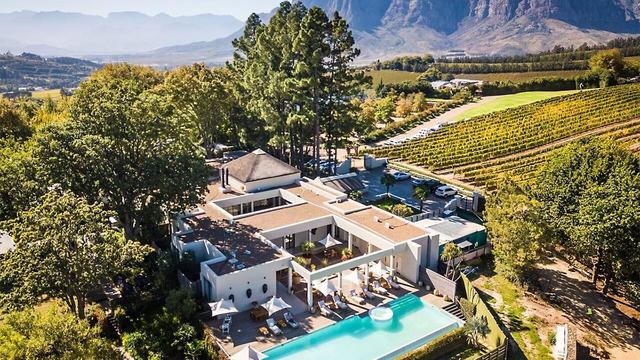
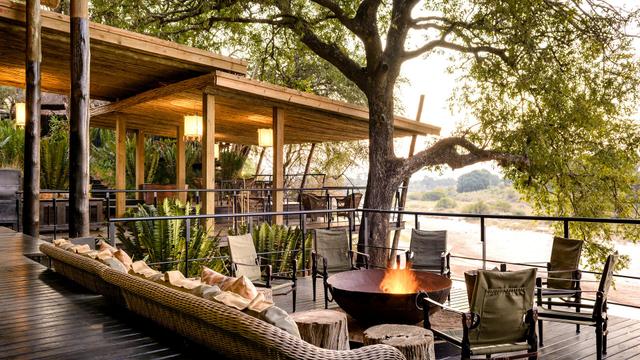
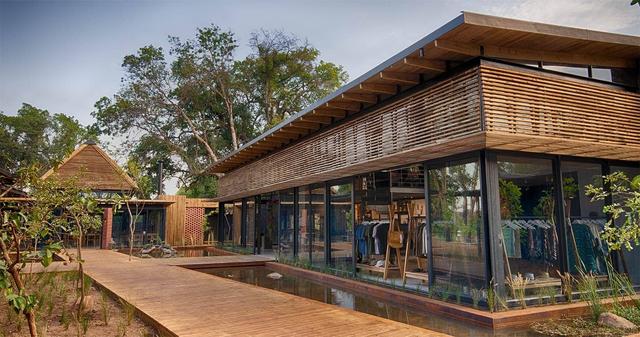
Camps
South African camping and raid (overland adventure) experiences in 2025 offer immersive ways to explore the country's vast and diverse landscapes. From well-equipped campsites in national parks like Kruger, Addo, and the Drakensberg, to remote bush camps in the Kgalagadi and iSimangaliso Wetland Park, travelers can enjoy wildlife, stargazing, and outdoor freedom. Overland raids self-drive or guided 4x4 expeditions are especially popular in rugged regions like the Karoo, Wild Coast, and Limpopo. Many sites offer amenities like braai (barbecue) areas, ablution blocks, and even glamping setups for added comfort. These experiences appeal to both budget-conscious travelers and adventure seekers wanting a deeper connection with South Africa’s wild beauty.
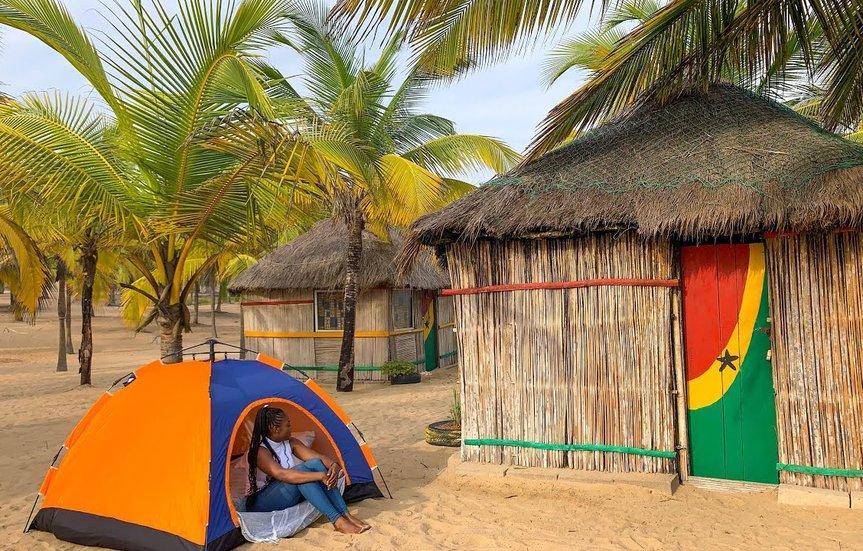
Requirements for visa
Documents required for the application process
- Valid Passport: Your passport must be valid for at least 30 days beyond your intended stay in South Africa and have at least two blank pages for endorsements.
- Completed Application Form: You need to fill out the BI-84 form (or DHA-1738 for long-term visas) and sign it.
- Passport Photos: Provide two recent, colored passport-sized photographs with a white or clear background.
- Proof of Sufficient Funds: You'll need to show you can support yourself during your stay, typically with a three-month bank statement.
- Yellow Fever Certificate: If you've been in a country with risk of yellow fever transmission within the past 10 days, you'll need a valid yellow fever vaccination certificate.
- Return/Onward Ticket: You must provide proof of a return or onward ticket if traveling by air.
- Purpose of Visit: Depending on the purpose of your visit, you'll need additional documentation:
- Attending an event: A letter from the organization in Uganda and the host in South Africa.
- Medical reasons: A referral letter and a letter from the receiving hospital/doctor.
- Visa Fees: There's a non-refundable visa fee, which varies depending on the type of visa and whether you are from a fee-exempt country. VFS Global, the visa application center, also charges a service fee.
- VFS Global Service Fee: In addition to the visa fee, VFS Global charges a service fee, which may vary based on the daily exchange rate.
- Long-term visa checklist: Requires a photocopy of the bio-data page of your passport and copies of all previous South African visas.
Important Notes:
- The processing time for a visa application is typically 5 working days, but it may be longer if queries arise or for specific situations like medical emergencies.
- For foreign nationals with long-term residence permits valid for a year or more, the permits issued after July 2014 need to be certified by the Department of Home Affairs.
- Certain categories, like freelance or self-employed individuals, contract workers, or seasonal laborers, may not qualify for a Section 11(2) authorization.
- For Section 11(2) authorization, applications must be submitted with original, handwritten application forms, and scanned copies or signatures will not be accepted.
Economy of South Africa
South Africa's economy in 2025 is expected to experience subdued growth, with forecasts ranging from 0.9% to 1.7%. Several factors contribute to this outlook, including infrastructure constraints, global economic headwinds, and the need for structural reforms. However, there are also potential bright spots, such as a rebound in consumer spending and positive developments in sectors like mining and tourism.
Mining
In 2025, South Africa’s mining industry remains a vital part of the economy and a global leader in mineral production, rich in gold, diamonds, PGMs, coal, and other resources. While facing challenges such as declining output and regulatory hurdles, the sector is focused on modernization, sustainability, and inclusive growth through technology adoption, investment attraction, and community development. Rising demand—especially from electric vehicle markets—offers new opportunities for minerals like platinum and manganese. Key priorities include streamlining regulations, boosting exploration, supporting skills development, and ensuring health and safety, all aimed at building a resilient, future-ready industry.
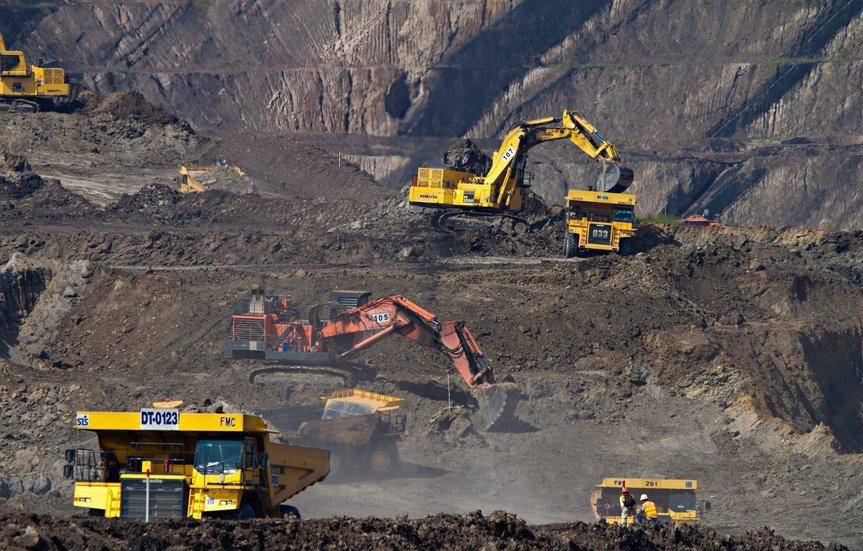
Tourism
In 2025, South Africa’s tourism sector is experiencing a strong rebound, with international arrivals reaching 8.92 million in 2024 and continued growth into 2025. The industry now supports a record 1.9 million jobs and contributes 3.3% to the country's GDP. Renowned for its diverse landscapes, wildlife, cultural heritage, and attractions like Kruger National Park, Table Mountain, and Robben Island, South Africa remains a top destination for leisure travelers—primarily from Africa, with Zimbabwe leading, as well as key overseas markets like the U.S. and Netherlands. Leveraging its G20 Presidency, the country is promoting sustainable, inclusive tourism across the continent, while events like Africa’s Travel Indaba and Tourism Month further boost visibility and economic impact. Ongoing government efforts aim to address safety, air access, and regional imbalances to unlock the sector’s full growth potential.
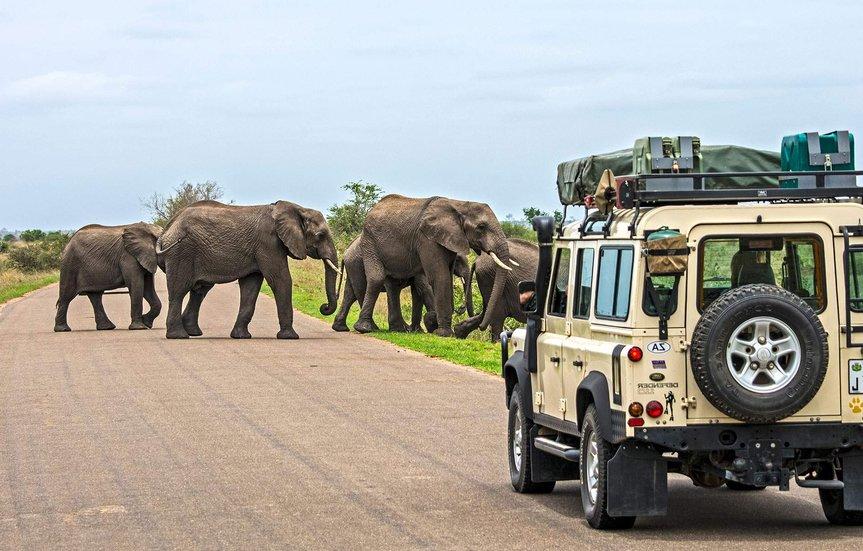
Finance
South Africa’s finance sector is among the most advanced in Africa, centered in Johannesburg, the country’s financial hub. It features a strong banking system, a leading fintech industry, and the Johannesburg Stock Exchange (JSE)—the largest in Africa and among the top 20 globally. Major banks like Standard Bank, FirstRand, ABSA, and Nedbank offer services across the continent. The sector is supported by a solid regulatory framework managed by the South African Reserve Bank (SARB) and the Financial Sector Conduct Authority (FSCA). With a growing shift toward digital and mobile finance, South Africa remains a key financial gateway to sub-Saharan Africa, attracting international investors despite economic challenges.
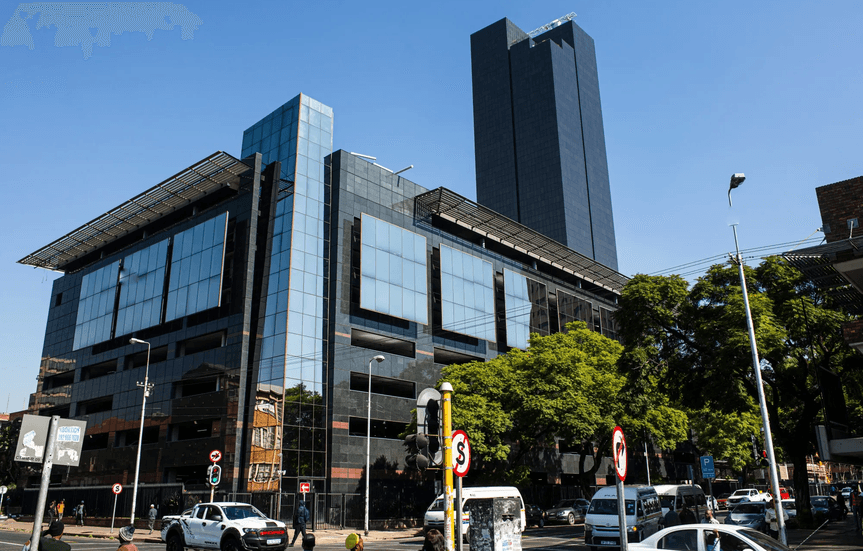
Trade
In 2025, South Africa’s trade landscape is marked by a fluctuating trade balance, influenced by global economic uncertainty, volatile commodity prices—especially gold—and domestic political developments. While the country reported a trade surplus of R21.7 billion in May, earlier months saw deficits. Exports in mining, manufacturing, and agriculture have grown, particularly in minerals and precious stones, though vehicle exports to the U.S. have declined due to new tariffs. South Africa is actively promoting intra-African trade through the AfCFTA and pursuing stronger bilateral ties, including a new trade framework with the U.S. Despite challenges, investment opportunities such as Real Estate Investment Trusts (REITs) are gaining interest for their strong performance potential.
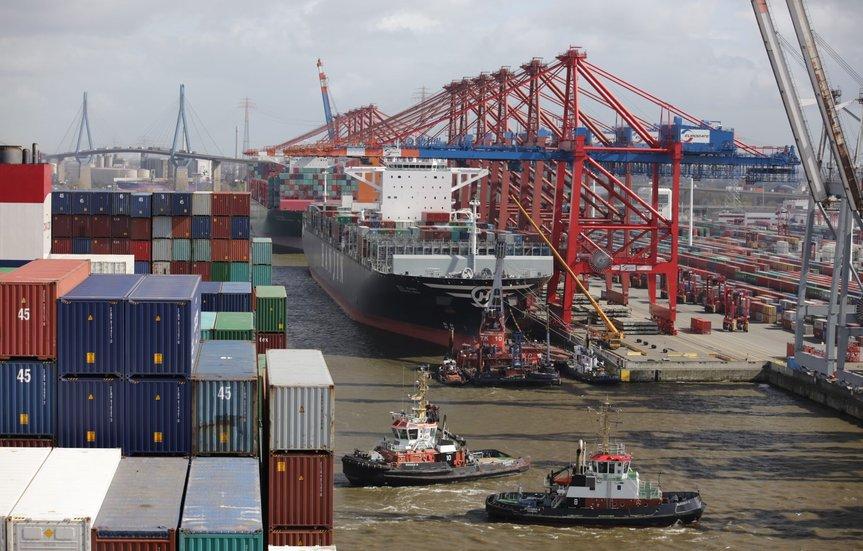
Labor
South Africa’s labor landscape reflects its complex apartheid history and ongoing efforts to balance worker rights with economic growth. The country has strict labor laws, robust dispute resolution mechanisms, and a legacy of migrant labor that shaped its urban and industrial development. However, high unemployment—officially around 29%—continues to fuel poverty and inequality, with household income heavily dependent on job access. Issues like child labor persist, addressed through initiatives like the Child Labour Programme of Action, while skills development programs aim to prepare the workforce for a just transition. Balancing inclusive growth with economic efficiency remains a central challenge.
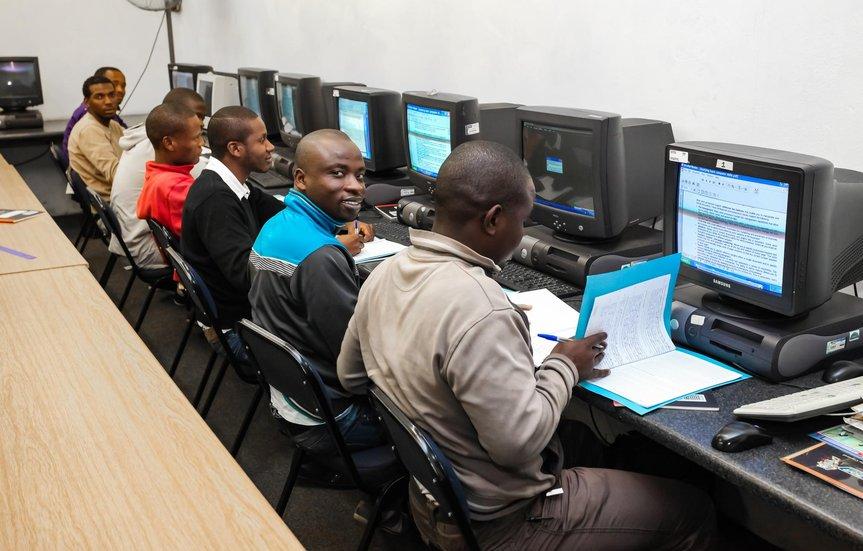
Taxation
South Africa’s taxation system, overseen by the South African Revenue Service (SARS), is a key driver of public funding and development. Operating on a residency-based model, it taxes residents on global income and non-residents on local earnings. The main taxes include Personal Income Tax (up to 45%), Corporate Income Tax (27%), and Value-Added Tax (VAT) at 15%. Other levies include capital gains tax, customs and excise duties, and PAYE through employers. While digital improvements have boosted compliance, challenges like tax evasion, a narrow tax base, and public sector inefficiencies persist.
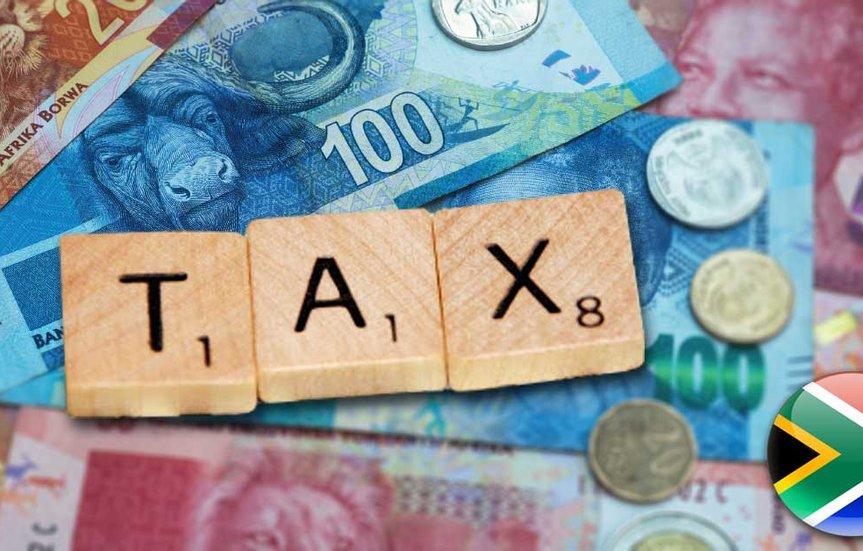
Transportation
South Africa’s transportation system is diverse, combining buses, trains, taxis, and private vehicles, with public transport playing a vital role in daily commutes. Major bus operators like Greyhound and Intercape link cities, while urban areas increasingly use Bus Rapid Transit (BRT) systems. The Gautrain stands out for its speed and reliability, and minibus taxis remain a dominant, though informal, mode of urban travel. Driving is common but comes with safety concerns like carjacking. Air travel connects remote areas via carriers like Airlink, and private shuttles serve tourist routes like the Garden Route. The Department of Transport oversees infrastructure projects like the N2 Wild Coast Road and is working toward a single ticketing system in Gauteng. Challenges include integrating transport modes, improving safety and sustainability, and addressing spatial mismatches rooted in apartheid-era urban planning.
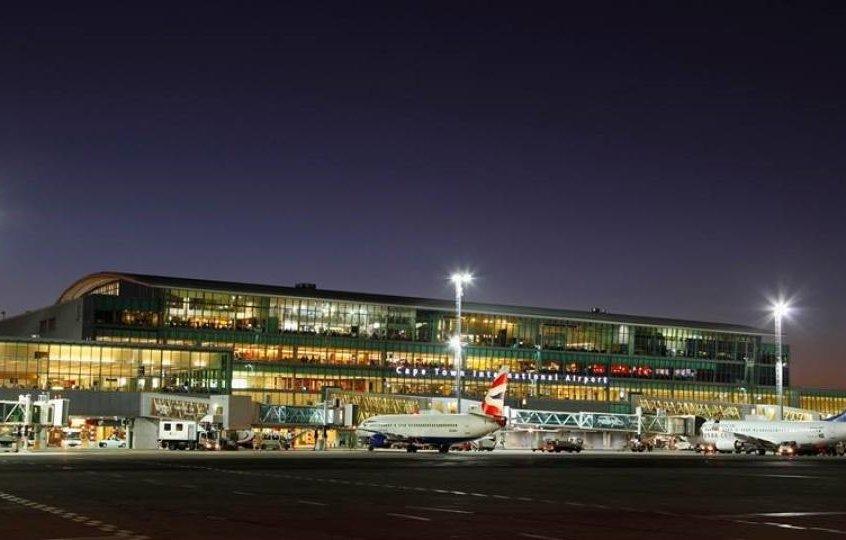
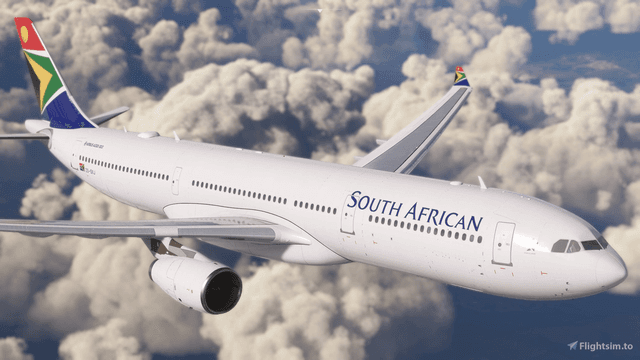
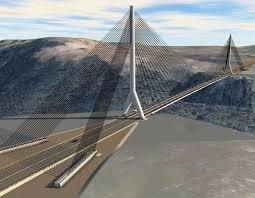
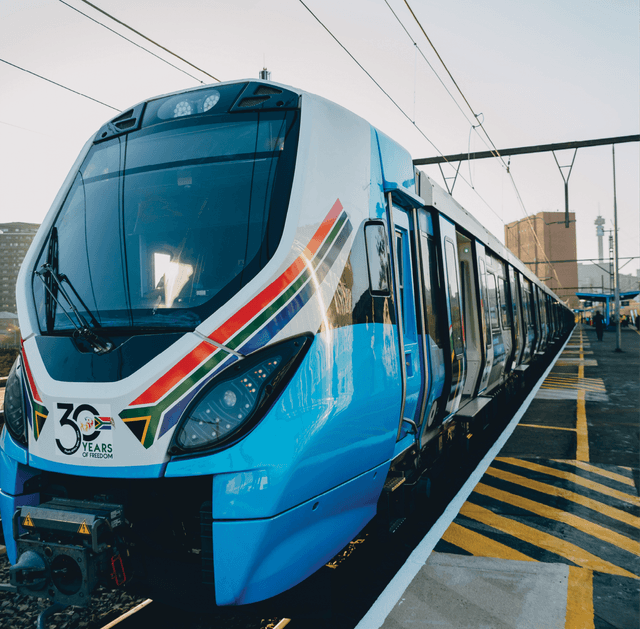
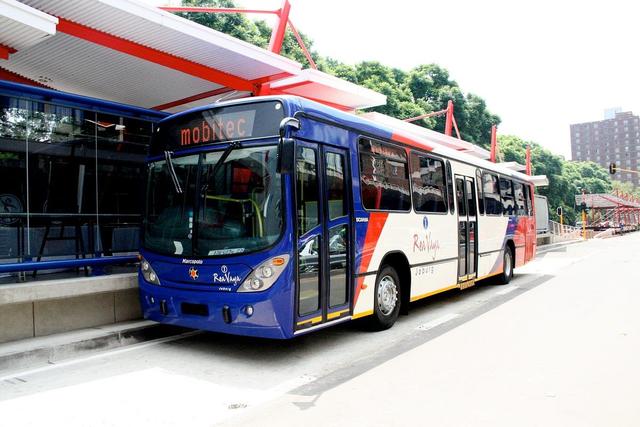
Telecommunication
South Africa’s telecommunications sector is rapidly evolving, driven by strong growth in mobile and fixed-line broadband, with major players like Vodacom, MTN, Cell C, and Telkom leading the market. The country boasts high mobile penetration and is expanding access through 5G rollouts and fiber network investments, supported by initiatives for digital inclusion and cloud adoption, such as Google’s new cloud region in Johannesburg. However, the sector faces challenges including spectrum allocation issues, infrastructure theft, power disruptions, and high broadband costs. Despite these hurdles, opportunities lie in expanding 5G, improving affordability, and increasing access through digital transformation and competition-driven reforms.
